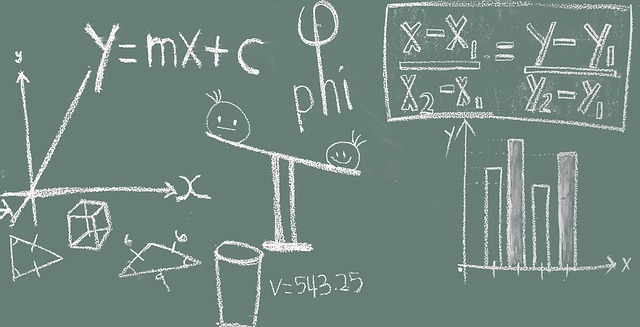
Mathematics
Learning Outcomes:
By the end of this course, students will:
-
Strengthen their understanding of arithmetic, algebra, geometry, and calculus.
-
Improve problem-solving and analytical thinking skills.
-
Apply mathematical concepts to real-world scenarios.
-
Prepare for school exams and competitive tests.
Language
English
Mode of Study
Physical and Virtual
Duration
4 weeks
Price
₦ 30000.00
Contact the admin via WhatsApp or email if you want to pay installmentally.
Course Description
Mathematics is a fundamental subject that enhances logical reasoning, problem-solving abilities, and analytical thinking. This course is designed to provide young learners with a strong mathematical foundation by covering essential topics ranging from basic arithmetic to advanced mathematical concepts. Through interactive lessons, engaging activities, and real-world applications, students will gain confidence in numbers, patterns, and equations, helping them excel in both academics and daily problem-solving scenarios.
The course is structured to accommodate students at different levels, ensuring that both beginners and advanced learners benefit from a step-by-step approach to mastering math. Hands-on activities, puzzles, and practical examples will make learning enjoyable and accessible, fostering a deep understanding of mathematical principles. Additionally, students will learn how mathematics applies to real-world situations, such as finance, engineering, and technology, helping them appreciate the importance of this subject in everyday life.
This course operates on a monthly subscription basis, requiring students to make a recurring payment each month to maintain access to lessons, exercises, and instructor support.
Why Take This Course?
-
Strengthen problem-solving and logical reasoning skills.
-
Develop fluency in calculations, equations, and mathematical patterns.
-
Build confidence in handling mathematical problems efficiently.
-
Establish a solid foundation for advanced studies in math, science, and technology.
-
Improve critical thinking through engaging and interactive exercises.
Course Highlights
-
Primary Math: Foundational topics including basic arithmetic, fractions, number sense, and simple problem-solving techniques.
-
Secondary Math: More advanced concepts such as algebra, geometry, trigonometry, and data analysis.
-
Advanced Math: Higher-level topics covering probability, calculus, statistics, and complex mathematical reasoning.
-
Practical Applications: Real-world math applications, such as budgeting, measurement, and data interpretation.